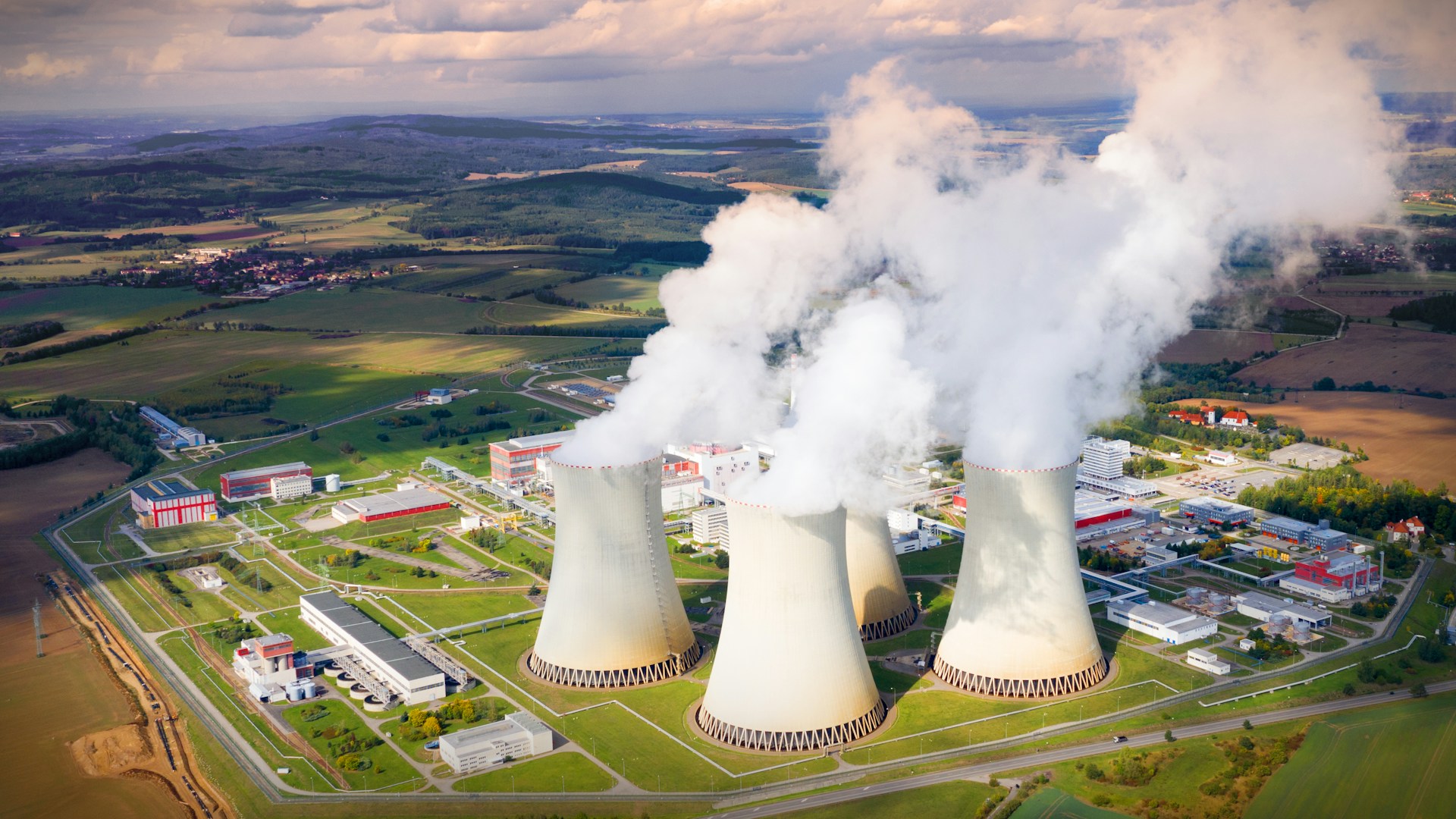As artificial intelligence (AI) drives an insatiable demand for energy, major tech companies are increasingly turning to nuclear power as a potential solution. This move marks a significant shift in the energy strategies of companies like Microsoft, Google, and Amazon, who are looking for sustainable, 24/7 energy sources to power their vast data centres and AI infrastructures.
Nuclear energy, particularly through small modular reactors (SMRs), has emerged as a potential answer to these escalating energy needs. These reactors, which are smaller and theoretically safer than traditional nuclear power plants, are gaining traction in the tech world for their ability to provide continuous, carbon-free electricity. Microsoft has already made a bold move by entering a deal to purchase energy from the Three Mile Island plant, which has seen renewed interest despite its controversial history.
However, while the concept of SMRs seems promising, experts warn that the technology is still in its infancy. SMRs are not yet commercially viable, with challenges ranging from efficiency concerns to public skepticism about nuclear energy, particularly in the wake of historical disasters such as Three Mile Island, Fukushima, and Chernobyl.
Small reactors could theoretically provide cleaner power for AI operations, but commercialising the technology may take years, and the smaller scale of these reactors often means they are less efficient than larger plants, producing less energy per unit of fuel. Despite these hurdles, tech giants are ploughing millions into research and pilot projects, hoping to unlock nuclear energy’s potential.
In conclusion, while nuclear power, particularly SMRs, holds promise for powering the growing demands of AI, the technology remains years away from being a reliable, scalable solution. For now, the tech industry’s move towards nuclear energy represents a high-risk, high-reward bet on the future of sustainable power.


